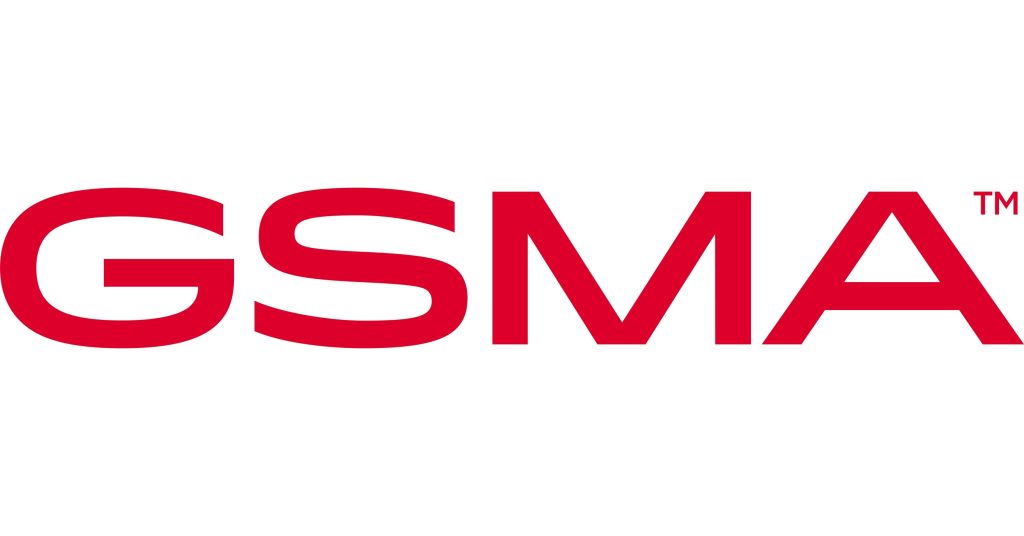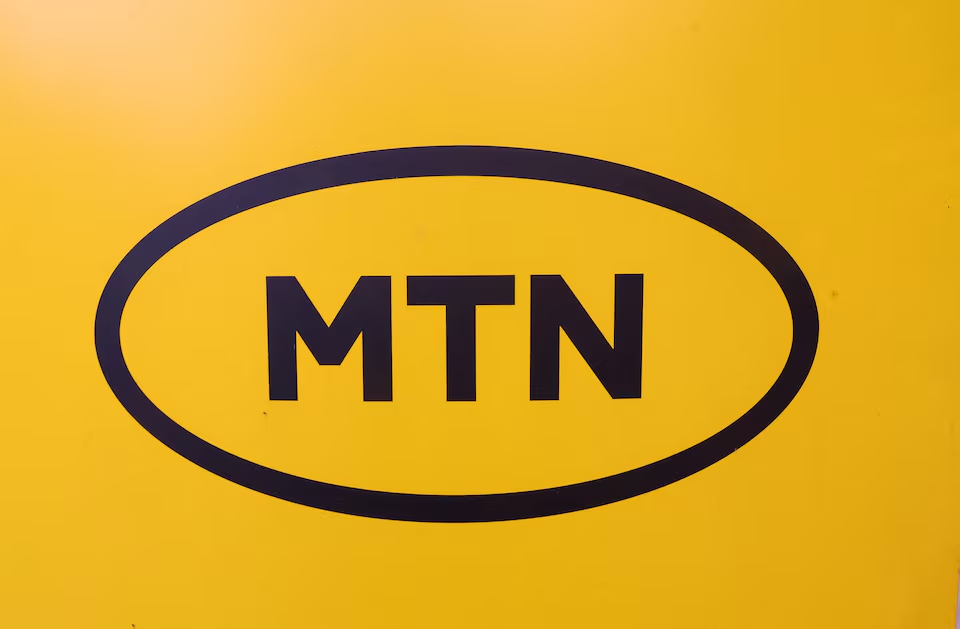The mobile telecommunications industry in the Democratic Republic of Congo (DRC) is buckling under an “excessively heavy” tax burden, hampering investment and stalling the country’s digital transformation, according to a new GSMA report.
In its latest country analysis, “Mobile Sector Taxation: Comparative Fiscal Burden in DRC,” the global telecom industry body warns that the effective average tax rate (EATR) on pre-tax profits in the DRC’s telecom sector has soared to an alarming 91%. This far exceeds that of the mining sector (71%) and retail finance (34%), placing a disproportionate strain on an industry critical to the country’s digital future.
The report attributes this imbalance to a tax system skewed heavily toward gross revenue rather than net income. Only 8% of telecom tax contributions are based on actual profits, compared to 35% in mining and 54% in retail finance. Sector-specific levies, excise duties, and non-income-based taxes are significantly driving up operational costs.
“This tax structure is unsustainable,” the GSMA warns. “It limits operators’ ability to invest in infrastructure upgrades and network expansion, especially in rural and underserved regions—further entrenching the digital divide.”
The consequences are far-reaching. Elevated costs, driven in part by consumer-facing excise taxes, threaten affordability and digital inclusion in key sectors such as health, education, agriculture, and commerce. The report cites World Bank estimates suggesting that eliminating sector-specific taxes could extend 3G and 4G coverage to an additional 1.5 million Congolese and boost mobile internet adoption by over 6 percentage points.
While the GSMA advocates aligning telecom taxation with sectors like mining and finance—both capital-intensive industries with lower relative tax burdens—the conversation comes at a sensitive political moment. The Congolese government, facing rising fiscal pressures, views the telecom sector as a potential revenue stream and questions whether multinational operators are paying their fair share.
As the country weighs reforms to balance public financing needs with its digital ambitions, the GSMA’s findings land squarely in the midst of a charged policy debate. Whether the report triggers a rethink of sector taxation or further entrenches scepticism around industry lobbying remains uncertain.
Source: ecofinagency.com





